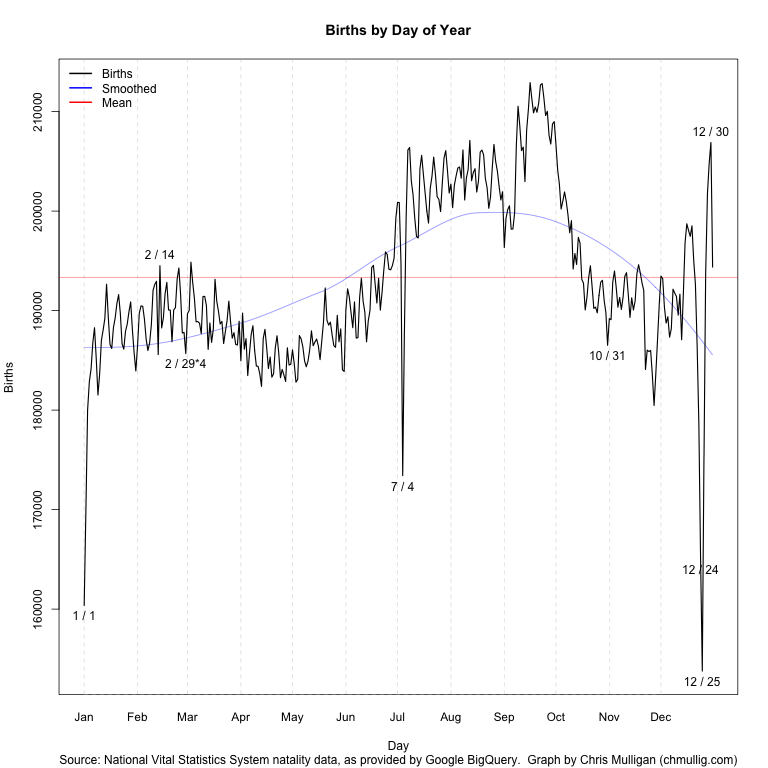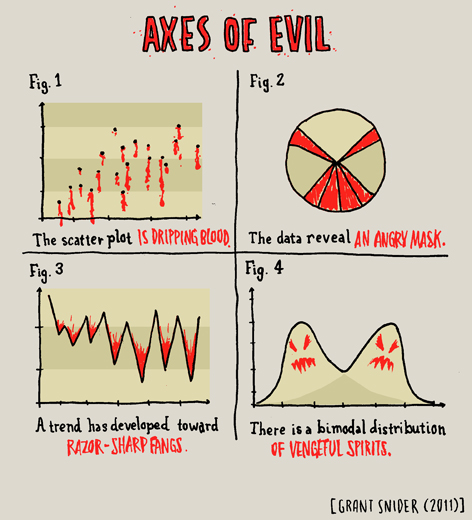I've been reading
Bad Science
by Ben Goldacre, and I highly recommend it.
In it, he quotes an interesting study regarding how likely people are to pick apart studies that challenge their preconceived notions. Unsurprisingly, people are far more likely to notice flaws in studies they don't agree with than those they do. He then made a somewhat tongue in cheek suggestion that perhaps all papers should have to list the method section first, to make sure that it was assessed before you knew what the conclusion was.
That came to mind today when I was reading
Mark Regnerus's explanation of his new research in to new family structures.
I was unsure what to think of this study just from the headline. I've actually read some of Regnerus's research in the past and disliked it, so I wasn't sure what I'd think of his take on this issue.
I found
the paper fascinating.
Part of his premise started from his observation that adoption presents a unique challenge for parents, as is well acknowledged by research. Thus, it interested him that many studies on gay and lesbian parenting showed no differences between that and heterosexual couples. That appealed to my data analysis side, it's certainly not an observation I would have put together right away. The study was focused on the young adult (18 to 39) population, and thus the slightly longer term outcomes of products of these families.
What impressed me so much about this study was how many pains they took to correct methodological errors in previous studies. With such a highly politically charged topic, it would have been easy for him to just shy away from this study. While critics were quick to point out that his funding came from two conservative organizations, his conclusions are not necessarily conservative. While he does find that the outcomes for children of gay parents have worse outcomes on most metrics*, he acknowledge the high level of broken homes from these parents as a huge contributing factor. His population makes the study a bit retrospective, and he acknowledges these limitations. From his Slate.com article:
Let me be clear: I’m not claiming that sexual orientation is at fault here, or that I know about kids who are presently being raised by gay or lesbian parents. Their parents may be forging more stable relationships in an era that is more accepting and supportive of gay and lesbian couples. But that is not the case among the previous generation, and thus social scientists, parents, and advocates would do well from here forward to avoid simply assuming the kids are all right.
William Saletan (and others) have
quickly responded with the idea that this study actually supports the need for gay marriage by proving that the broken homes of the past were damaging to children. Clearly Regenrus does not rule that out in his study....he is quite clear that he knows the selected age group covers only those children born 1971 to 1994 (pre legal gay marriage), and he goes very in depth with the broken homes angle.....acknowledging that many of the broken homes were fractured hetero marriages that preceded the same gender relationships.
The value of a study like this however, is not merely in the conclusions. The value is that it unsettles the debate, and hopefully precipitates a response from those who disagree with him. In emotionally and politically charged fields, the response to data should be newer and better data that corrects the perceived problems in the last study. Politics should not be a reason to consider something "settled", and we need researchers who are at least
willing to entertain the other side, if only to give people something to respond to.
I know most people will not make up their mind on this issue because of a research study, but I don't think that's a reason to not do research. Whatever a person believes, I would hope this study could be read with unbiased eyes, methods first....just to see what you think.
*As I commented in this post metrics on child rearing can be hard to determine. Some of the ones used in this study were: being unemployed, less healthy, more depressed, more likely to have cheated on a spouse or partner, smoke more pot, had trouble with the law, report more male and female sex partners, more sexual victimization, and were more likely to reflect negatively on their childhood family life. The full list is in the paper here.









